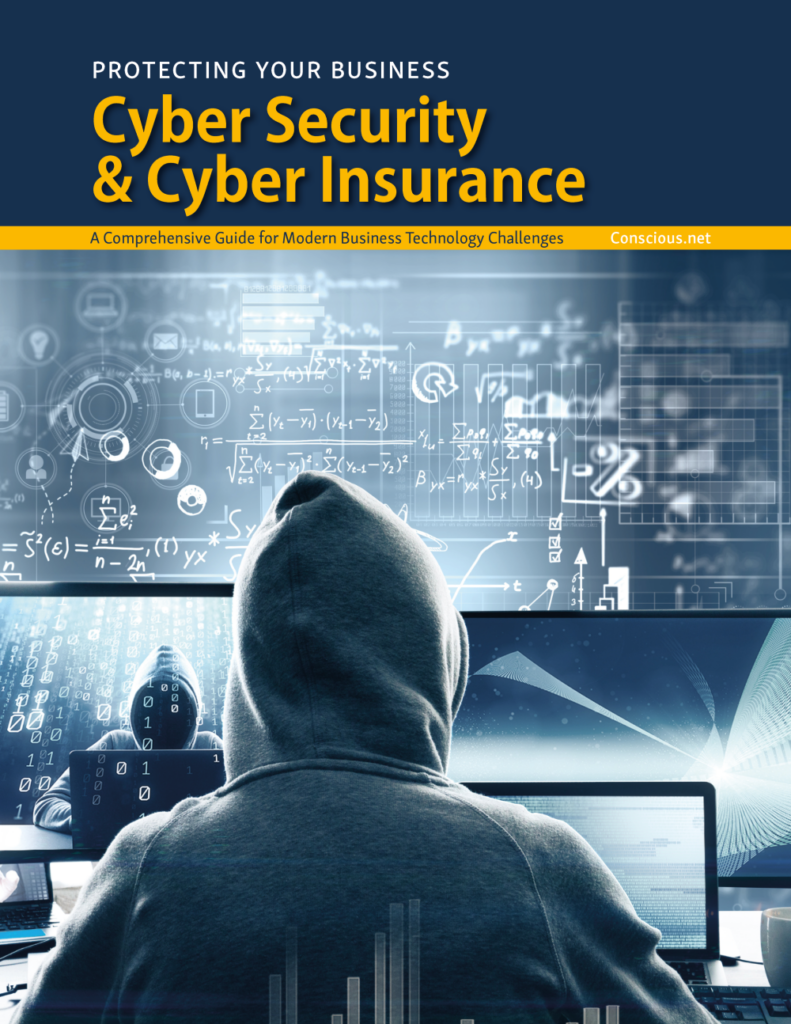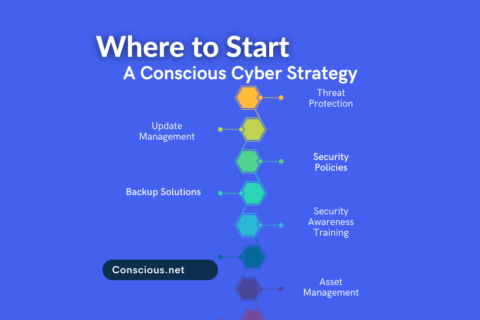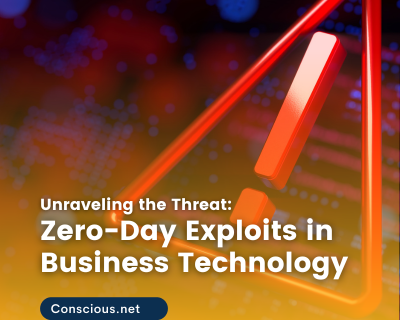The Risk & Rewards of Secure VPNs
VPNs are the most effective way to browse online safely, securely, and privately. Unfortunately, the threats to our online freedom and privacy are always at risk. Government agencies, cybercriminals, hacktivists, aggressive marketers, and many other entities all have reasons to snoop on internet activity. For today’s businesses, employees are working remotely and often using multiple devices to access company data and servers. This process, in and of itself, poses a massive threat to company data integrity. Many companies turn to secure VPNs and initiate strict enforcement of their VPN policies. This may do a lot to prevent an attack, but let’s explore the concept further.
We’re here to give you all the information you need about secure VPNs and strict VPN policy enforcement! Let’s begin.
What is a VPN?
First thing first! VPN stands for Virtual Private Network. It facilitates a secure, private network connection within the public internet space. With a VPN, you can hide IP addresses and ultimately evade censorship attempts, blocked content and other site and online restrictions.
Fortunately, VPNs offer comprehensive online protection, but it’s essential to understand the vast and often complex VPN terrain. Due to their high effectiveness, thousands of companies are offering VPN solutions. Unfortunately, many of them are not only ineffective but also sometimes more of a threat than the cybercriminals themselves. The most important thing to understand is that all VPNs are not created equal. A VPN alone is not secure and may provide easy access to hackers or expose the entire network to threats.
Beware of Free And Fake VPNs
There are many VPN providers that you need to stay away from. The most obvious of these are free VPN products, but some paid products are not safe either. Free and fake VPNs pose the following risks to businesses and individuals.
- Compromised user security via malware
- Tracking of online activity
- Limited data usage
- Compromising internet browsing quality and speed
- Unsolicited adverts and other unwanted software
How To Choose a Secure VPN
The trickiest thing about securing a VPN is finding a credible and effective VPN provider. This isn’t always easy, but you are looking for data encryption capabilities, straightforward privacy policies, and a guarantee that the VPN doesn’t track your movements. This might sound straightforward, but that isn’t always the case.
Credible and highly effective VPN tools will have the following features:
- IP Address Leak Protection – The primary function of a VPN provider is to hide your IP address and avoid being tracked while browsing online. Sometimes, however, IP addresses are leaked due to issues with the VPN. Ensure that the VPN you choose has IP address leak protection to avoid this.
- No-Log VPNs – It’s essential to ensure that your VPN isn’t doing the same thing you’re trying to avoid! The VPN you select needs to be a No-log VPN to ensure that the VPN provider isn’t tracking you.
- A VPN Kill Switch – The VPN you choose should also have a kill switch option. As with all tech, there are sometimes problems with a VPN, and it might drop connection occasionally. With a VPN kill switch in place, programs are closed immediately as soon as the VPN signal drops to ensure that no information is leaked until the VPN is active again.
- Multi-Factor Authentication – MFA is essential to look out for in a VPN provider. It ensures that VPN programs are secure and that only the intended users can access them. MFA includes extra security verification over and above the usual password and login option.
VPN Policy Enforcement – The Right Questions To Ask
You and your company are still at risk without VPN policy enforcement, even with a credible and secure VPN. The following are the questions you need to ask to help you create an effective VPN policy.
- Do you require split tunneling?
- Will you be using a VPN concentrator on both the client and server-side?
- Do you know which security protocols to include for remote access VPN users?
- What is your policy for role-players and users whose systems are not up to spec?
- Have you decided on the centralized authentication mechanism you’ll be using?
- Do you plan to use two-factor authentication, and if so, which type?
- Which users will have access to the VPN?
These and many other questions need to be answered so that you put your VPN policy in place and begin enforcing it strictly.
This can all seem a bit daunting for many businesses but there is help. Conscious Networks is a technology provider that can help you select the right solutions for your business environment. For more information about VPNs or any other technology solutions, contact us today for a free assessment.



